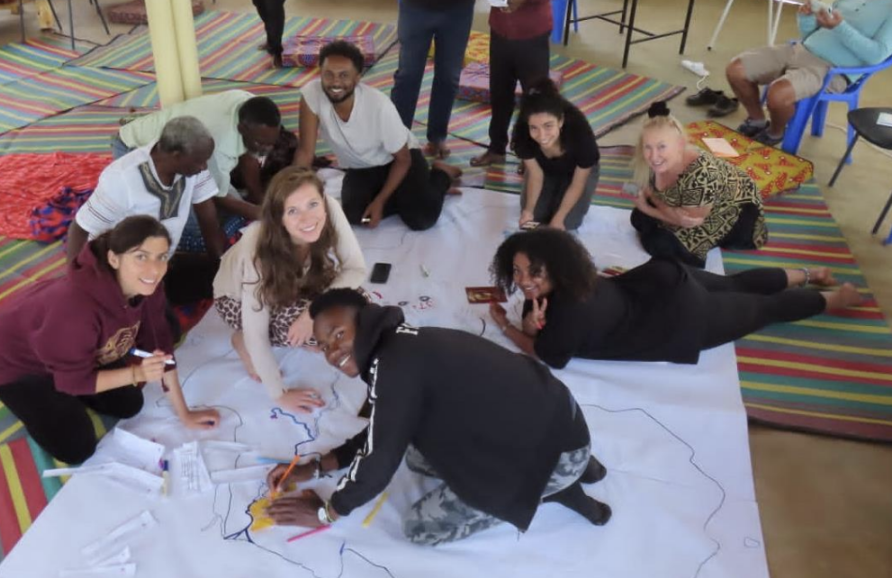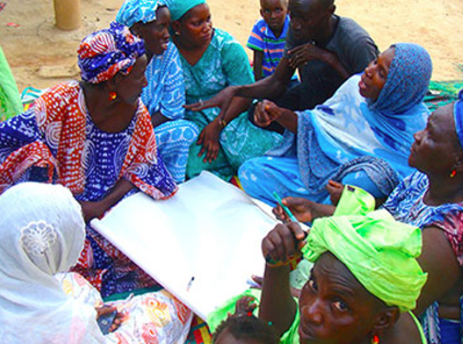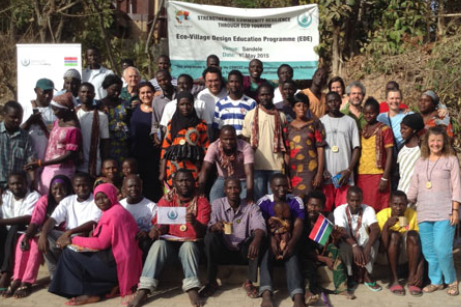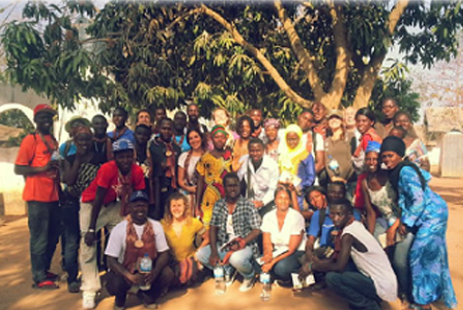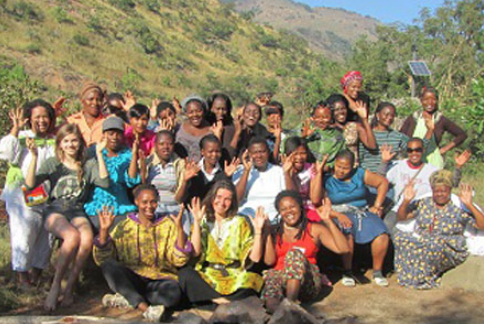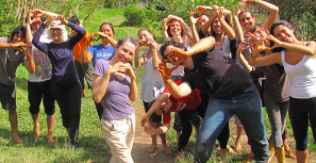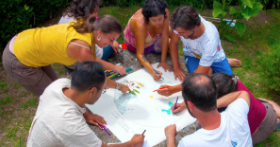EDE Report: Kenya
Nile, 2023
The Ecovillage Design Education (EDE) program on the Nile, stands as a transformative and educational beacon, aimed at nurturing resilient, sustainable communities through an immersive curriculum centered on ecological stewardship, social justice, economic viability, and the
celebration of cultural diversity. Orchestrated by the Nile journeys, in collaboration with GAIA Education, Tiriji Eco Village and Russinga Island Organic Farmers Association, this initiative represents a pivotal step towards realizing a sustainable future. By bridging diverse cultures and
disciplines, the EDE program fosters a community of learners empowered to enact change within their local contexts, reflecting a shared commitment to global sustainability goals.
EDE Report: Cachouane
Senegal 2018
In the Cachouane region, local young people have been sent solar equipment from the Government through national park employees, however they have not been taught how to manage the equipment they have been given. Quite naturally, none of the ecovillages now have functioning solar appliances. This programme involved working with Abdoulaye Toure, the first and only one in Senegal to systematically teach his villagers how to make solar ovens and sets of solar lamps.
EDE Report: Sandele
The Gambia 2015
The second EDE in The Gambia had 35 participants and was supported by the graduates of the 2014 programme. This group was complemented by the arrival of International Faculty from Zimbabwe, Egypt, Canada and USA, who were there for varying periods throughout the programme and played an important role in delivery, for example Jillian Hovey, Daniel Greenberg, Mongy El Mohammed and Mugove Walter Kyika. The course was attended by John Gomez, the world’s first Alkalo (village head) who committed to work with the other Alkalis in the People’s Coast to take the concepts forward. The graduation was a well attended event with dignitaries from all of the villages, representatives of the Ministry and Tourism Board along with participants’ family members. The whole event was televised and broadcast twice on the nation-wide Gambia Radio and Television Network.
EDE Report: Kartong
The Gambia 2014
The Gambia EDE was the culmination of a long held dream. The EDE challenges might have been many, but these were far outweighed by the inspiration, fun and learning. 32 participants (11 women and 21 men), Christians, Muslims and a full representation of all tribes in the village, as well as international participants from Holland, Brazil and Togo attended the EDE. This multiculturality was fundamental in healing separations in the village as different social, gender and ethnic groups began to understand each other.
EDE Report: Umphakatsi Peace Ecovillage
South Africa 2013
Umphakatsi Peace Ecovillage EDE 2013 was the first ‘by Women for Women’ EDE. Umphakatsi Peace Ecovillage is situated in Mpumalanga Province, in a remote location in the north east of South Africa. The EDE training for sustainability course was the second such course to be held in South Africa. The course ran from 30 April to 20 May 2013.
What is an EDE (Ecovillage Design Education programme)?
Ecovillage Design Education programmes, often referred to as ‘EDEs’, take place in 50 countries in settings ranging from tribal and traditional communities to intentional ecovillages, from urban slum to universities and training centres. The duration of these programmes are around 125 hours over a full month, although this may vary slightly depending on where and when they are taken. The EDEs provide participants of all ages with the knowledge and practical skills to design a society which uses energy and materials with greater efficiency, distributes wealth fairly and strives to eliminate the concept of waste.
How to run an EDE
Several of our EDE graduates have carried on organising EDE programmes in their local areas, and you are warmly encouraged to do so after completing your course.
The recommended time frame of an EDE is four weeks, however this is not fixed and varies with each individual programme.
The material can be condensed into smaller workshops, spread out over a longer period, or distributed in blocks at different times and locations.


